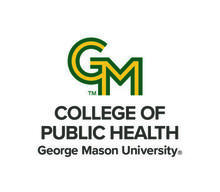- March 2, 2026
Study finds larger learning gains after course redesign using artificial intelligence
- February 3, 2026
Financial incentives alone can’t solve South Korea’s OB/GYN shortage, reveals study.
- February 4, 2026
New research warns that AI-driven antidepressant treatment may overlook the needs and experiences of African Americans with depression.
- February 3, 2026
The first nationwide analysis shows incentives reshaped staffing patterns, but left many areas critically underserved.
- February 2, 2026
Youth mental health researcher Hua Min created an easier way to find and analyze publicly available data to advance youth mental health research and outcomes.
- January 13, 2026
Health Administration and Policy faculty co-author a new chapter in The Palgrave Encyclopedia of Disability, offering a comprehensive picture of cannabis use among people with disabilities and recommendations for future research.
- December 16, 2025
More than 80% of 25-34-year-olds and more than 50% of respondents across all age groups already use AI for mental health care.
- November 24, 2025
How George Mason College of Public Health researchers are working to ease the strain on family caregivers of those living with dementia through evidence-based support, emerging technologies, and global insight.
- October 15, 2025
Digital health researcher Y. Alicia Hong’s WECARE intervention will invigorate resilience in family caregivers of individuals with dementia
- August 27, 2025
In the College of Public Health, researchers are embracing AI’s potential while also interrogating it, testing it, and redesigning it to work better for real people. Faculty are building AI tools to detect cancer earlier, support dementia patients, guide students through biostatistics, document evidence of violence, and flag burnout in caregivers—targeting some of public health’s toughest challenges.









